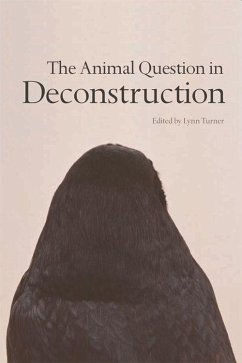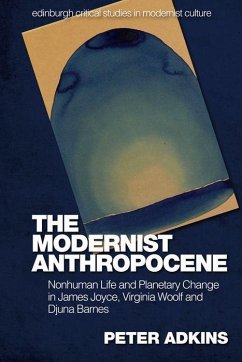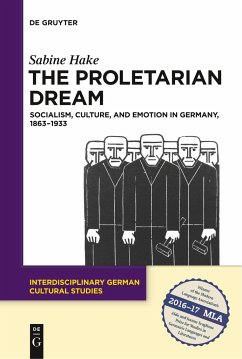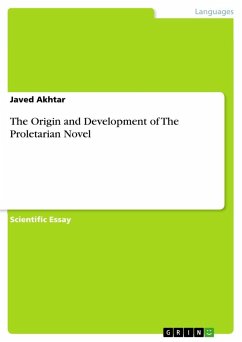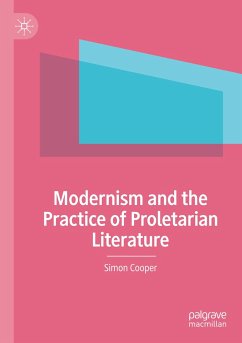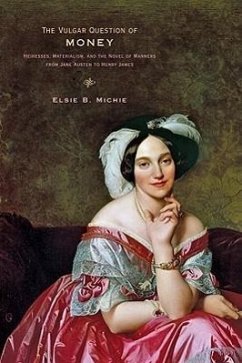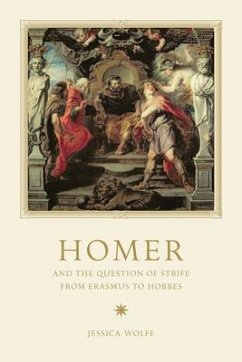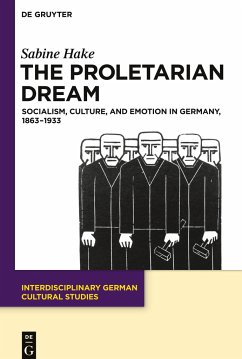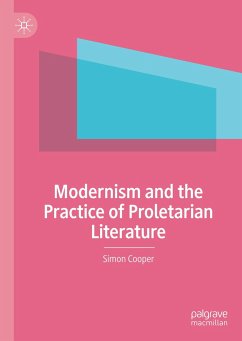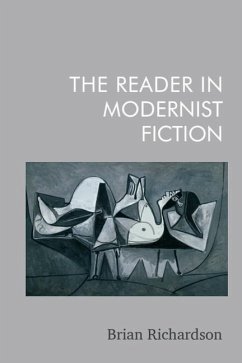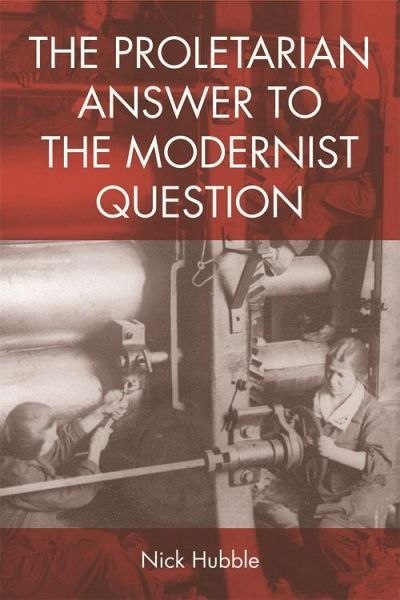
The Proletarian Answer to the Modernist Question
Versandkostenfrei!
Versandfertig in über 4 Wochen
122,99 €
inkl. MwSt.
Weitere Ausgaben:

PAYBACK Punkte
61 °P sammeln!
'Nick Hubble is a subtle and adept theorist, an engaging and authoritative guide to the political meanings of diverse literary genres and a sensitive reader with an easy reference to a broad range of key primary and secondary texts. He is an expert whose feeling for the drama of everyday life and command of history turns his modernist readers into experts on proletarian literature, too.' Kristin Bluemel, Monmouth University Reformulates our understanding of the relationship between proletarian literature and modernism in Britain The Proletarian Answer to the Modernist Question argues that Brit...
'Nick Hubble is a subtle and adept theorist, an engaging and authoritative guide to the political meanings of diverse literary genres and a sensitive reader with an easy reference to a broad range of key primary and secondary texts. He is an expert whose feeling for the drama of everyday life and command of history turns his modernist readers into experts on proletarian literature, too.' Kristin Bluemel, Monmouth University Reformulates our understanding of the relationship between proletarian literature and modernism in Britain The Proletarian Answer to the Modernist Question argues that British proletarian literature was a politicised form of modernism which culturally transformed Britain. Critical analysis and close readings of key works are placed within a literary history stretching from early encounters between Ford Madox Ford and D. H. Lawrence, through Virginia Woolf's association with the Women's Co-operative Guild, and on to the activity of Mass Observation in the late 1930s and 1940s. The book analyses the way in which modernism and proletarian literature were related to an intersectional web of class and gender that took on a potent political shape following the 1926 General Strike and the Equal Franchise Act of 1928. The 1930s is revealed not as an atypical, isolated decade but as central to the literature of the twentieth century. Nick Hubble is Reader in English at Brunel University London. Cover image: Women factory workers, Soviet Union, 1930s © akg-images / Universal Images Group / Sovfoto Cover design: [EUP logo] edinburghuniversitypress.com ISBN 978-1-4744-1582-8 Barcode




